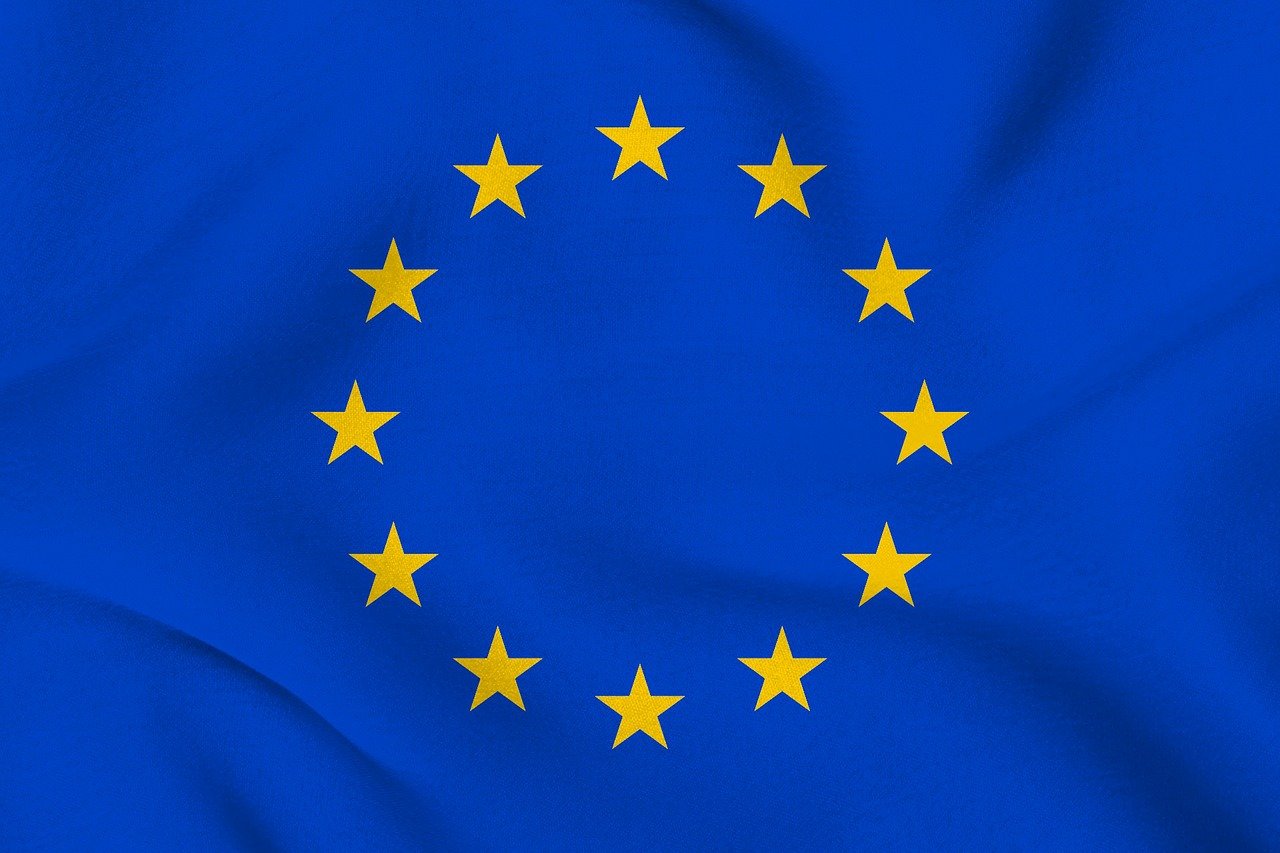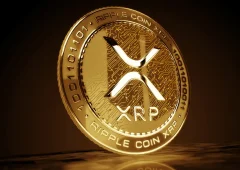EU Eyes DeFi Rules Without Defining What It Is
07.06.2025 18:00 2 min. read Alexander Stefanov
As the European Union prepares for its next phase of crypto oversight, regulators are turning their attention to decentralized finance (DeFi)—without a clear definition of what decentralization actually means.
MiCA, the EU’s landmark crypto regulation, came into full effect in December 2024, aiming to bring structure to digital assets through investor protection, stablecoin guidelines, and fraud prevention. But as implementation rolls out, legal experts say the framework leaves DeFi in a grey zone.
Vyara Savova, senior policy lead at the European Crypto Initiative (EUCI), noted during a discussion that DeFi remains largely undefined by EU policymakers. Although MiCA doesn’t explicitly cover decentralized protocols, its language and licensing requirements have created confusion for projects that don’t operate like traditional financial entities.
Under MiCA, even fully autonomous DeFi platforms may be expected to follow the same Know Your Customer (KYC) rules as centralized institutions—a mismatch that has sparked criticism. While Recital 22 in the regulation hints that fully decentralized services could fall outside its scope, the lack of precise legal language has left the door wide open to interpretation.
Despite earlier speculation, the EU has no plans to draft a full “MiCA II” update. According to EUCI co-founder Marina Markezic, future changes will likely come in the form of targeted amendments rather than an entirely new law. Discussions are already underway around stablecoins and privacy tools, which could be addressed in upcoming revisions.
Meanwhile, additional anti-money laundering measures—aimed at limiting anonymous crypto usage—are expected in 2027, adding further complexity for DeFi developers navigating the European market.
Until decentralization is clearly defined in legal terms, EU policy will likely continue to operate in uncertainty, even as regulators gear up to confront DeFi’s growing influence.
-
1
Senate Confirms Crypto-Linked Nominee Jonathan Gould to Head OCC
11.07.2025 9:00 2 min. read -
2
South Korea Urges Asset Managers to Limit Exposure to Crypto Stock Like Coinbase,MicroStrategy
23.07.2025 10:00 1 min. read -
3
U.S. Regulators Define Crypto Custody Rules for Banks
15.07.2025 9:00 1 min. read -
4
Crypto Legislation Moves Forward Amid GOP Infighting Over CBDC Ban
17.07.2025 6:30 2 min. read -
5
Donald Trump to Unlock $9 trillion in Retirement Savings for Crypto and Gold Investments
18.07.2025 11:30 2 min. read
SEC Chair Backs New Crypto Rules to Boost U.S. Leadership
SEC Chairman Paul S. Atkins has endorsed the policy blueprint released by the President’s Working Group (PWG) on July 30, calling it a critical step toward achieving President Trump’s vision of making the U.S. the global leader in digital assets.
Cboe and NYSE Arca Propose New Rules to Streamline Crypto ETF Listings
Cboe BZX Exchange and NYSE Arca have submitted proposals to the U.S. Securities and Exchange Commission (SEC) to establish standardized listing rules for crypto-based exchange-traded funds (ETFs), aiming to significantly speed up approval timelines for new products.
White House-backed Task Force Outlines Vision for Crypto Regulation
A coalition of U.S. federal agencies, formed under a January executive order by President Donald Trump, has released a fact sheet previewing its recommendations for a national digital asset framework.
Indonesia Triples Crypto Transaction Volume, Introduces New Tax Regime
Indonesia’s cryptocurrency sector saw explosive growth in 2024, with the total transaction value of crypto assets tripling year-on-year to over 650 trillion rupiah ($39.67 billion), according to data from the country’s financial regulator.
-
1
Senate Confirms Crypto-Linked Nominee Jonathan Gould to Head OCC
11.07.2025 9:00 2 min. read -
2
South Korea Urges Asset Managers to Limit Exposure to Crypto Stock Like Coinbase,MicroStrategy
23.07.2025 10:00 1 min. read -
3
U.S. Regulators Define Crypto Custody Rules for Banks
15.07.2025 9:00 1 min. read -
4
Crypto Legislation Moves Forward Amid GOP Infighting Over CBDC Ban
17.07.2025 6:30 2 min. read -
5
Donald Trump to Unlock $9 trillion in Retirement Savings for Crypto and Gold Investments
18.07.2025 11:30 2 min. read


